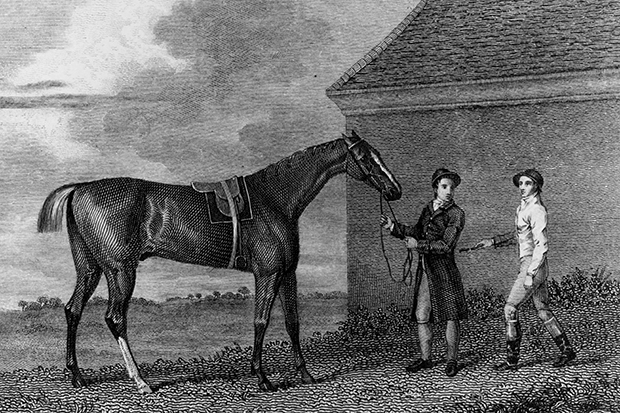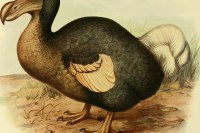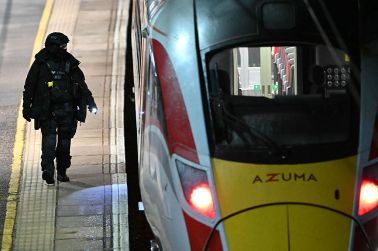Eclipse was one of the most remarkable racehorses ever. Sired by the then undistinguished Marske, whom mares could visit for a mere half-guinea,and born in Windsor Great Park on the day of the annular eclipse of the sun in 1774, the chestnut with one white stocking retired unbeaten after 18 victories in the days when races were run in heats over two or four miles.
Famously, Dennis O’Kelly, who became his part-owner, placed a bet on his second contest that the result would be ‘Eclipse first, the rest nowhere’, which technically meant that he had to finish a ‘distance’ (that is, 240 yards) clear of the rest. He did, and no more appropriate name than the Eclipse Stakes could have been given to the exciting race that Sandown Park created in 1875, the first each year in which the Classic generation three-year-olds take on their elders with a weight for age allowance.
Year after year, the Sandown contest, sponsored since 1976 by the bookmakers Coral, produces a thriller even though it is often reduced to only a handful of runners. I have witnessed no better racecourse duel than that fought in 2000 between George Duffield on the lion-hearted Giant’s Causeway and Pat Eddery on Kalanisi. There have been few better assertions of true class than the five-length victory in 1989 by Nashwan, already the winner of the 2000 Guineas and Derby.
That Derby/Eclipse double is a rarity. Since 1952 only Tulyar, Mill Reef and Sea the Stars have equalled Nashwan’s feat, and what excited all about this year’s race was whether Golden Horn, such an impressive winner at Epsom, could join those superstars. Lined up against the multiple Group One winner The Grey Gatsby, Aidan O’Brien’s Cougar Mountain, his stablemate in John Gosden’s star-studded yard Western Hymn and Andrew Balding’s Tullius, Frankie Dettori took his mount straight into the lead over the two-furlongs-shorter trip. It was bold: Golden Horn had never led in his previous races. But Dettori is a master at judging pace and settling a horse into a rhythm. On The Grey Gatsby, Jamie Spencer, a specialist at swooping from the clouds in the last 50 yards, was equally bold. He moved right up to the leader to eyeball him two furlongs from the finish. It was the mano-a-mano moment of truth: would the younger horse falter, did the Derby winner have resolution as well as class? We soon knew. Golden Horn accepted the challenge and stretched his neck. One crack of Dettori’s whip and he had taken a length off his tough grey rival. Soon he was two ahead and at the line the margin was more than three. We have another real champion.
It was the kind of thing you go racing for: a clean, truly run race, no hard-luck stories and a pulsating contest between two brave horses and two thinking jockeys. What a relief that Jamie Spencer changed his mind about retiring when his contract with Sheikh Fahad’s Qatari racing team was not renewed at the end of last season. Also let go then was their no. 2 rider, the young Sussex-born Harry Bentley. That may yet prove to be a blessing in disguise.
‘Obviously it was a bit of a blow to the ego,’ he told me at Sandown. ‘But when you are a retained jockey it is very hard to build contacts. Thinking it out in the winter, I realised I need a base where I go and ride out at least once a week and have some continuity.’ So he contacted the Newmarket trainer William Haggas and now rides out regularly for him and for the advancing Hugo Palmer. ‘He’s doing very well and there’s a lot of growth there. I think they are going to be a very big yard in years to come.’ Harry rides out regularly, too, for Godolphin trainer Saeed bin Suroor and when he can for Henry Candy. In each case, winners have followed and he has a better percentage of winners to runners than all but a handful.
What many trainers forget is that at only 23 this highly articulate young rider has twice been champion jockey in Qatar where through a season from October to May they race two days a week. With eight rides a day there he gets plenty of saddle-time and rode a six-timer on one Doha card.
There is no self-pity about the lost Qatar contract, during which he was second in the 1,000 Guineas on Lightning Thunder, only a determination to get his head down and win the kind of races that will bring more good rides in Britain. He is also a realist. Until he is put up on the big prospects, Harry says, he would rather be at Newmarket, say, on four horses with real chances than at Royal Ascot making up the numbers in a 25-horse handicap. As the smart young rider’s figure departed, one of racing’s shrewdest observers looked up and remarked, ‘Not just underrated but underused.’ Not for too much longer, I suspect.






Comments